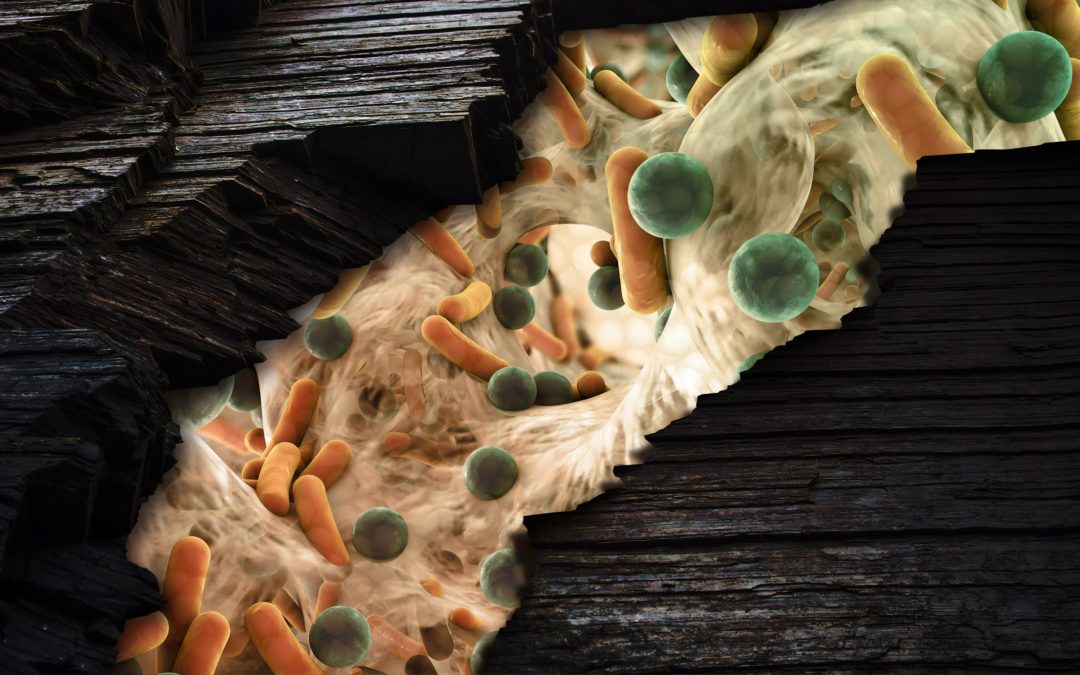Plants have been evolving for millions of years, creating new and improved ways to protect themselves from attack. Plants protect themselves from pathogen attack through activation of innate immune systems, and plant immunity is a highly complex phenomenon with its...
News
Why Increasing Soil Organic Matter (SOM) is Critical
The soil’s ability to hold and release plant nutrients is key. One big factor in this is the Cation Exchange Capacity, or CEC, a measure of how many cations or positively charged ions, or cations, can be retained on soil particle surfaces. These cations can be swapped...
Movin’ On Up: How Nutrients Get Around in Plants
Seventeen elements have been identified as vital to plant growth. Three of them -- carbon, hydrogen and oxygen -- are non-minerals, and the other 14 are minerals. Carbon and oxygen enter plants through leaves as carbon dioxide. Oxygen also enters plants with hydrogen...

Our Crops are Farming Microbes
We, as humans, don’t give enough credit to the sophistication of the natural world around us. It’s important for us to place significant weight on our friendship with nature. Complementing natural processes in our agricultural pursuits will accelerate our success as...
Weed All About It!
It’s our human activities that have created weed problems since no plant is a "weed" in nature. Weeds compete with our crops and so have become an enemy to farmers. And as farmers have piled on the herbicides to address the problem, they have complicated things,...
Turning Over a New Leaf
It’s a New Year and with it brings an opportunity to consider new outlooks and new ways to do things, to rethink how we’ve done things in the past and how we might improve upon them. For those that have followed our newsletters, you’re aware of our position – it’s all...
Relationship Therapy – for Plants
It’s important to understand nutrient mobility and relationships, to be able to apply supplements in the correct way and the proper quantities for maximum benefit. While all nutrients can translocate through the xylem – the channel from the root to the plant -- the...
Re-evaluating Our Approach to Post Harvest and Dormancy
I sent out this newsletter in early September. Given the lack of rain, it's enormously important to reemphasize the importance of POST-HARVEST applications. Post-harvest can account for 30% of the plant’s total nutrient uptake for an entire season. It’s a window of...
The Elements of Energy Conversion and Plant Growth
All plants require 17 elements to complete their life cycle. Carbon, hydrogen and oxygen are obtained from the air and water. Plants derive the remaining 14 elements from the soil, which is often enriched with fertilizers and amendments. Plant growth and development...
What’s the Big Deal About the C:N Ratio?
The C:N or Carbon:Nitrogen ratio can be a little confusing, but it’s very important to overall soil health. More than anything else, the C:N ratio is all about microbial activity in your soils. It’s important to first understand that soil microorganisms’ bodies have a...

